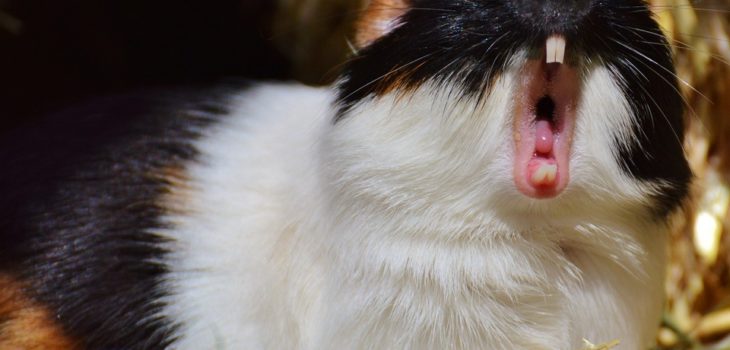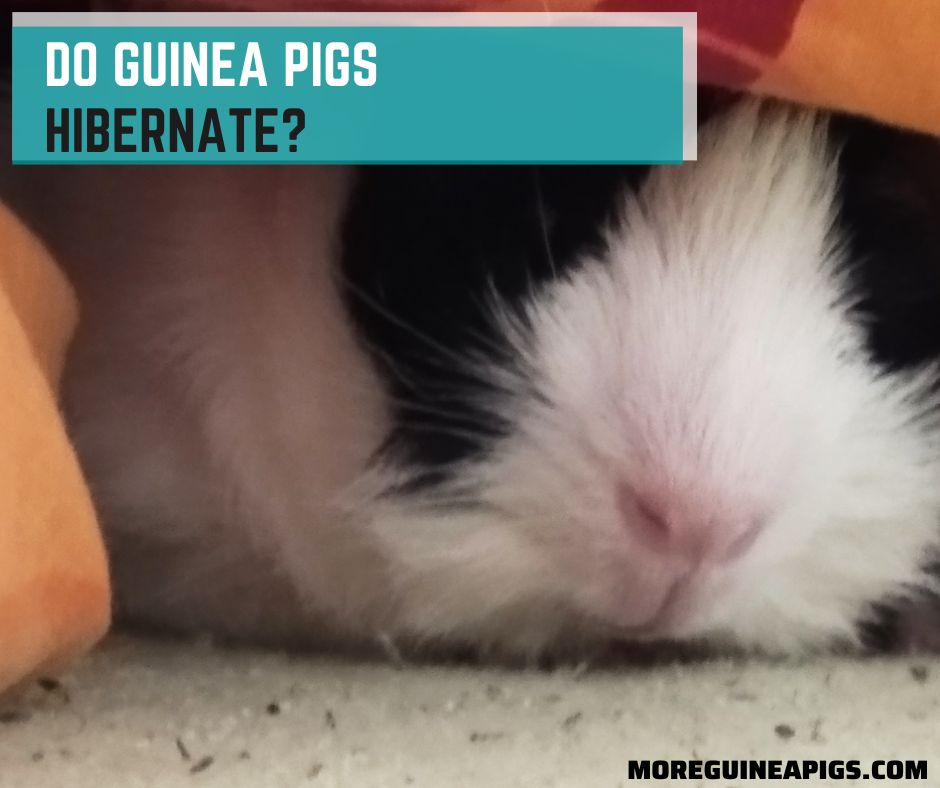

Of course, it is never our intention to harm our pets. Sometimes accidents can also cause medical conditions and result in secondary seizures or symptoms. Some injuries, like missed head traumas, may be out of your control or have been there from the beginning, like birth defects. This can happen because of many different types of injuries. What to look out for when you think your chinchilla is playing dead: 1. Because of their thick coats, chinchillas do not need to move from one land to another further away since they are able to adapt to the severe winter cold where they live. In 1953, chinchillas were discovered in Chile once again. Due to overhunting, chinchillas were practically extinct by the end of the 19th century.Ĭhinchillas are already extinct in their home countries of Bolivia and Peru. Over time, chinchilla’s ultra-warm, velvety fur has made them popular, according to research. For safety and social rank, the Chincha used to cover themselves with chinchilla fur. They took their name from the Chincha tribe of the Andes. Wild chinchillas are indigenous to South America’s Andes Mountains. In the end, you want to engage in activities that will make your pet content.
#Do guinea pigs hibernate free#
It is essential that their sleeping area be calm and free of any potential dangers. If you have a chinchilla as a pet and notice that it is sleeping for longer periods of time than usual, this may be an indication that it is battling some kind of illness. for 10 to 12 hours straight when they are left alone.as much as 15 hours a day on average in their natural habitat.When they are maintained as pets, they will sleep: The length of time a chinchilla will sleep is influenced by factors such as age and their overall health.

Overall, we should be trying to avoid allowing the conditions for torpor to take effect in chinchillas. In comparison to hibernation, torpor is a temporary hibernation that is less severe.

In contrast to hibernation, torpor is an uncontrollable state that lasts only a few hours during the day and is typically impacted by: If your pet Chinchilla is not hibernating, but sleeps for lengthy periods of time as its body temperature drops, they are dormant in torpor. While chinchillas do not hibernate, they can enter a condition of slowed metabolism and lethargy, particularly under extreme temperature changes.

Torpor is a state where chinchillas can reduce their metabolism and activity levels, but it doesn’t equate to hibernation. If temperatures routinely fall below 60 degrees Fahrenheit in a chinchilla’s environment, they may become too cold to handle the climate and will need more warmth inside. The dense fur on a chinchilla and their exceptional burrowing ability allow them to stay warm in native habitats without the need to preserve energy through hibernation. Do not expect your chinchilla to hibernate because this is not something they do in the wild. In this article, I’ll present my findings and explain whether or not chinchillas hibernate along with more details about their sleeping patterns. I also learned 6 reasons why chinchillas play dead and it seems like it is not a game after all. I sought medical advice from a vet who taught me about torpor in chinchillas. When my chinchilla slept through most of the day and night, I worried.


 0 kommentar(er)
0 kommentar(er)
